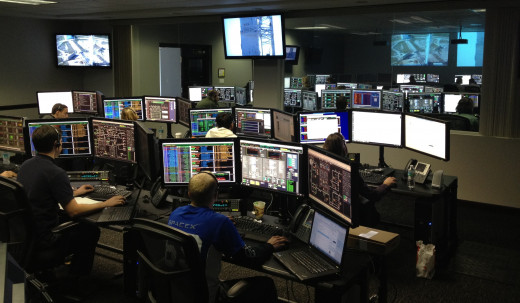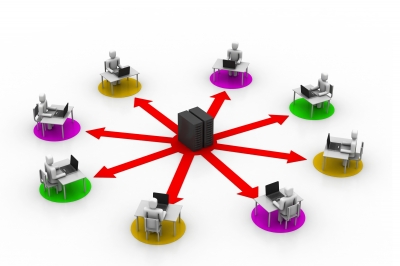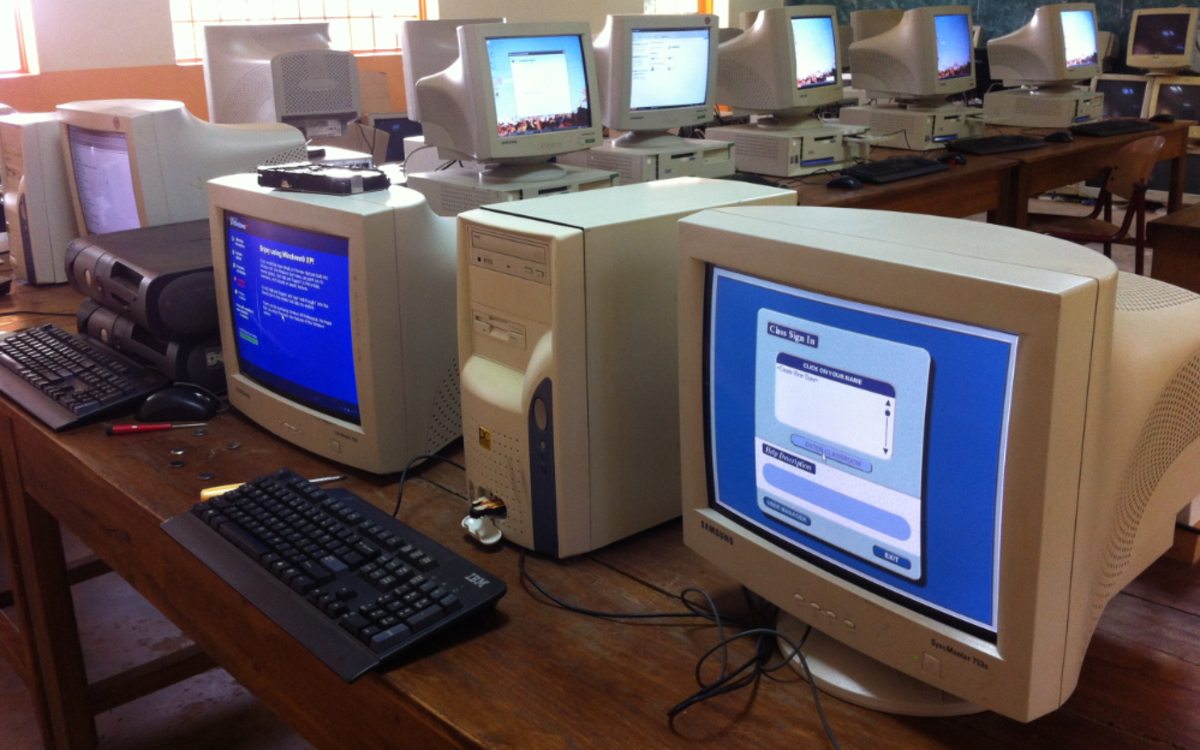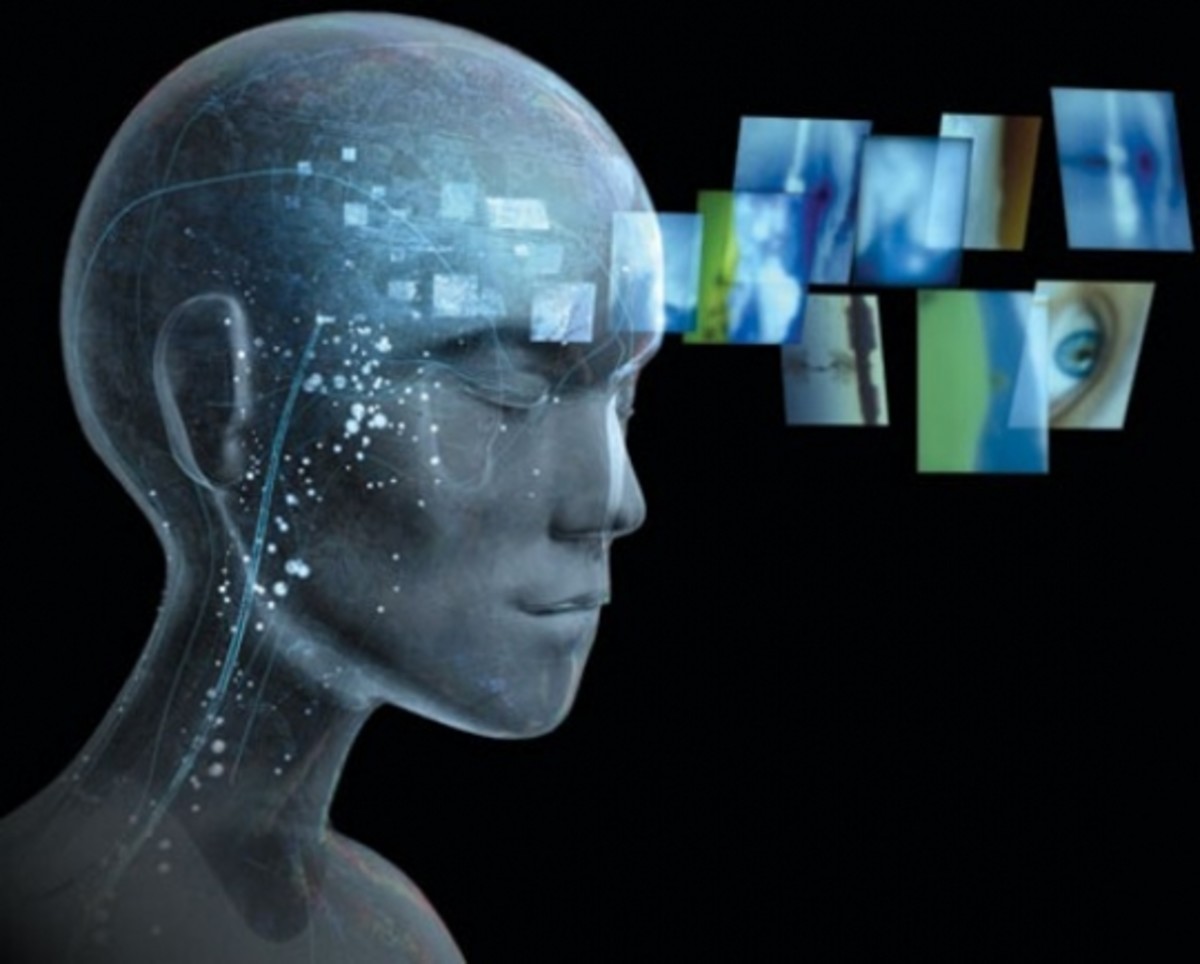Information and Communication Technology (ICT): Meaning, Importance and Challenges

Meaning of Information and Communication Technology
Information and Communication Technology can simply be defined as an electronic medium for creating, storing, receiving and sending information from one place to another. It makes message delivery faster, convenient, easy to access, understand and interpret. It uses gadgets such as cell phones, the Internet, wireless network, computer, radio, television, Satellite, base stations, etc. These resources are used to create, store, communicate, transmit and manage information.
The Scope of Information and Communication Technology(ICT)
Information and Communication Technology is a field that has a wide coverage. It extensively deals with communication technology and how it impacts on other fields of human endeavour. It is the fastest-growing academic field of study and a viable source of livelihood.
It is concerned with database management, computer programming, and software development( application and system software). It involves web designing, mobile application development, project management, security, networking analysis, and media equipment.
It encompasses computer engineering, computer studies, the internet, intranet, internet protocol (IP), signal technology, base station management, etc.
ICT is used in virtually all aspects of human activities whether directly or indirectly with an enormous impact on human social-economic development.
Information and Communication Technology as a Field of Study
Information technology inclusion in the highest school curriculum is relatively new. However, it has gain prominence as most institutions have made it a compulsory field of study. This is a result of the understanding that it cut across every facet of human endeavour most especially the education sector. More so, it is the fastest growing industry in the 21st century.
It is commonplace to hear e-learning, e-commerce, e-banking, etc. It is, therefore incumbent on education curriculum developers to place ICT as a hub around which other disciplines revolve at least for the fact that it is a platform on which modern learning takes place. Needless to say that there is a paradigm shift with respect to how knowledge is acquired and dispensed.
A mere belief of this assertion is not enough but must be back with action among education policymakers especially in Africa. It is expected that in no distance future, textbooks may to a high extent have less importance as a result of soft copy of educational materials. This is not news to the developed world as they are already far ahead. So been ICT compliant is a necessary tool for any meaningful learning in this dispensation.
Information and Communication Technology as a field of study is a challenging one in light of the foregoing. Unlike the old perception, it is not an all-comers affair without proper training and re-training. Although the demand for professionals is growing in this regard, the need to build a career in it through proper training in a well-defined curriculum to be undertaken in institutions of learning cannot be overemphasized.

Importance of Information and Communication Technology(ICT)
- It creates an analytical mind in students that help them study and proffer solutions to problems emanating from all related fields that employ ICT as a learning tool.
- Being an emerging academic field of study, it helps students to be innovative and develop new ways of solving problems scientifically.
- It makes information storage and retrieval easy.
- It enhances computer networking globally known today as the internet and intranet.
- It accelerates economic development nationally as it is a virile source of national income for all nations that have fully embraced its usefulness.
- It creates gainful employment, hence a viable source of livelihood.
- It makes comprehension of other subjects easy. Virtually all fields of learning are amenable to ICT such as the application of the projector for teaching in the classroom.
- It creates an avenue for the exchange of ideas and inventions among information technology scholars locally and internationally.
- It is the basis for e-learning and online library. Hence information dissemination is easier than ever.
- It is pivotal to globalization in all its ramifications and the realization of the Millennium development goals as agreed by the United Nations in the year 2000.
- It is used at various offices for proper documentation of official activities and administration.
Challenges of Information and Communication Technology
Information and Communication Technology is confronted by a number of challenges which is characteristic of an emerging field. The following are some of the challenges:
- Expensive ICT materials: The requisite materials for practical knowledge of ICT especially at the advanced level are costly e.g Computer, projector, Internet machine e.t.c.
- Highly technical and practical driven: It is technology-driven. It requires a great deal of logic and analytical reasoning for in-depth understanding and application.
- Poor orientation about the concept: The first challenge in embracing ICT as a field of study for students who have no prior orientation from their foundation education is that of speedy assimilation.
- Underdevelopment: ICT is a global concept and in order to have up-to-date knowledge on the subject there must necessarily be technological development nationally at least well established global information link on the subject. Many nations are yet to attain this.
- Universal acceptability as a compulsory field of study: The subject is yet to be fully embraced by all institutions of learning from the cradle globally. Although it is now compulsory at the high school level in some countries. Unless there is a solid foundation and love for the subject, compliance for all may still take time to attain in line with the global millennial goals.
- Hijack by unscrupulous persons: ICT is being used by some persons for evil purposes such as cybercrime and malicious programs that can cause severe damage to computers and similar gadgets.
Despite the above-stated challenges, ICT will continue to thrive as the advantages outweigh the disadvantages.
This content is accurate and true to the best of the author’s knowledge and is not meant to substitute for formal and individualized advice from a qualified professional.
© 2015 Omogiade Stephen Nosakhare








